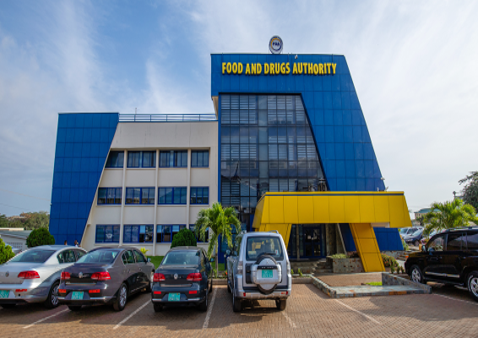
Commercial banks have more scope to expand lending since the cedi has appreciated more than 40 percent against the US dollar so far this year, supported by improved reserves which reached US$11.1billion by end-June – equal to 4.8 months of import cover.
Also, inflation dropped to 12.1 percent for August from 13.7 percent in June; the lowest in nearly four years. These developments, Bank of Ghana Governor Dr. Johnson P. Asiama noted, create a more favourable risk environment for banks to expand credit prudently.
Dr. Asiama was addressing banking executives at a post-Monetary Policy Committee meeting in Accra earlier in the week on Wednesday.
The central bank cut its policy rate by 300 basis points to 25 percent in July, signalling a shift from a defensive stance to one that cautiously supports growth. Consequently, he said, there is scope for further easing if economic conditions continue to improve.
The banking sector remains “well-capitalised, liquid and profitable”, with non-performing loan ratios falling due to improved macroeconomic conditions and better credit underwriting, according to the Governor.
The economy expanded 5.3 percent in first-quarter 2025, with non-oil GDP up 6.8 percent driven by agriculture and services. The Composite Index of Economic Activity grew 4.4 percent in May, pointing to resilience in consumption, trade, construction and tourism.
The fiscal deficit stood at 0.7 percent of GDP in the first half – below a 1.8 percent target, while public debt levels declined.
However, Dr. Asiama urged banks to align lending strategies with productive sectors of the economy, particularly small- and medium-sized enterprises, while maintaining sound risk management.
“The challenge is to grow lending while preserving the hard-earned stability that now defines our financial system,” he added.
The Bank of Ghana plans on rolling out new regulatory measures to reinforce sector resilience and align with international standards. The regulator is also tightening enforcement of foreign exchange rules, including mandatory weekly inward remittance reports and a ban on unapproved FX practices. Failure to comply will attract sanctions under banking and payment systems laws.
Lending rates in Ghana remained elevated in June with sharp disparities across borrower categories and loan maturities, according to the latest Annualised Percentage Rate (APR) data from the Bank of Ghana.
The post Editorial: Conditions rife for banks to expand lending appeared first on The Business & Financial Times.
Read Full Story













Facebook
Twitter
Pinterest
Instagram
Google+
YouTube
LinkedIn
RSS